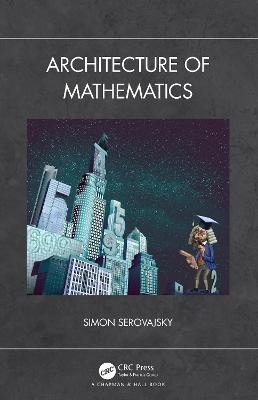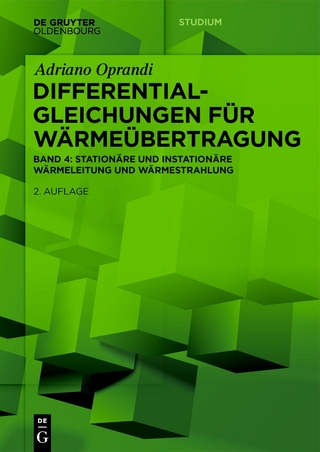
Architecture of Mathematics
Seiten
2020
CRC Press (Verlag)
978-1-138-60105-5 (ISBN)
CRC Press (Verlag)
978-1-138-60105-5 (ISBN)
This book describes the logical structure of Mathematics from its foundations to its real-world applications. It describes the many interweaving relationships between different areas of mathematics and its practical applications, and as such provides unique reading for professional mathematicians and nonmathematicians alike.
Architecture of Mathematics describes the logical structure of Mathematics from its foundations to its real-world applications. It describes the many interweaving relationships between different areas of mathematics and its practical applications, and as such provides unique reading for professional mathematicians and nonmathematicians alike. This book can be a very important resource both for the teaching of mathematics and as a means to outline the research links between different subjects within and beyond the subject.
Features
All notions and properties are introduced logically and sequentially, to help the reader gradually build understanding.
Focusses on illustrative examples that explain the meaning of mathematical objects and their properties.
Suitable as a supplementary resource for teaching undergraduate mathematics, and as an aid to interdisciplinary research.
Forming the reader's understanding of Mathematics as a unified science, the book helps to increase his general mathematical culture.
Architecture of Mathematics describes the logical structure of Mathematics from its foundations to its real-world applications. It describes the many interweaving relationships between different areas of mathematics and its practical applications, and as such provides unique reading for professional mathematicians and nonmathematicians alike. This book can be a very important resource both for the teaching of mathematics and as a means to outline the research links between different subjects within and beyond the subject.
Features
All notions and properties are introduced logically and sequentially, to help the reader gradually build understanding.
Focusses on illustrative examples that explain the meaning of mathematical objects and their properties.
Suitable as a supplementary resource for teaching undergraduate mathematics, and as an aid to interdisciplinary research.
Forming the reader's understanding of Mathematics as a unified science, the book helps to increase his general mathematical culture.
Simon Serovajsky is a professor of differential equations and control theory at al-Farabi Kazakh National University in Kazakhstan. He is the author of many books published in the area of optimisation and optimal control theory, modelling, philosophy and history of mathematics as well as a long list of high-quality publications in learned journals.
1. Language. 2. Sets. 3. Numbers. 4. Objects. 5. Composites. 6. Synthesis. Index
| Erscheinungsdatum | 24.07.2020 |
|---|---|
| Zusatzinfo | 35 Tables, black and white; 213 Illustrations, black and white |
| Verlagsort | London |
| Sprache | englisch |
| Maße | 156 x 234 mm |
| Gewicht | 721 g |
| Themenwelt | Mathematik / Informatik ► Mathematik ► Analysis |
| Mathematik / Informatik ► Mathematik ► Logik / Mengenlehre | |
| ISBN-10 | 1-138-60105-5 / 1138601055 |
| ISBN-13 | 978-1-138-60105-5 / 9781138601055 |
| Zustand | Neuware |
| Informationen gemäß Produktsicherheitsverordnung (GPSR) | |
| Haben Sie eine Frage zum Produkt? |
Mehr entdecken
aus dem Bereich
aus dem Bereich
Buch | Softcover (2024)
De Gruyter Oldenbourg (Verlag)
CHF 83,90
Buch | Softcover (2024)
De Gruyter Oldenbourg (Verlag)
CHF 83,90


